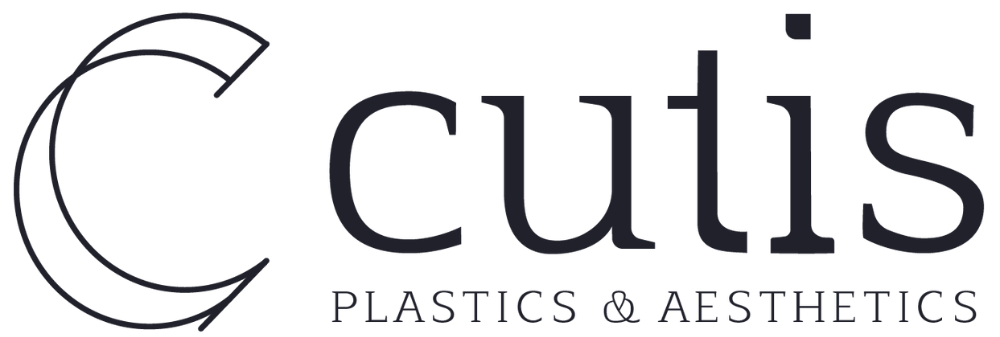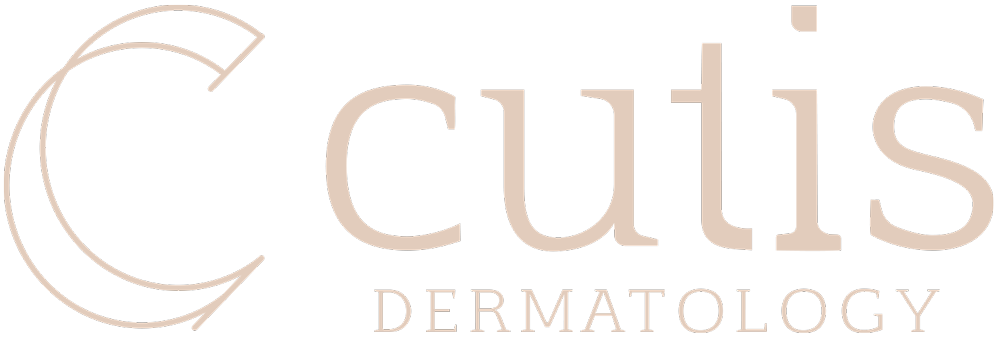Picking acne is a form of skin picking disorder. In most cases it falls under the umbrella of obsessive-compulsive disorder. This form of acne has a high scarring rate. Early & effective management will markedly reduce scarring & improve your skin texture. It is an easy form of acne to cure- if the patient has insight.
Key Points
- Picking acne is a form of dermatillomania or skin picking disorder
- This form of acne has the highest rate of permanent acne scars
- Management focuses on treating acne early & effectively
- Eliminating the urge to pick will also place picking acne into remission
- Hypopigmented scars can be treated with laser, topicals & in severe cases surgery
- Our medical dermatologists can guide you as to the best treatment options
Acne Excoriee treatments at a glance
Our results speak for themselves
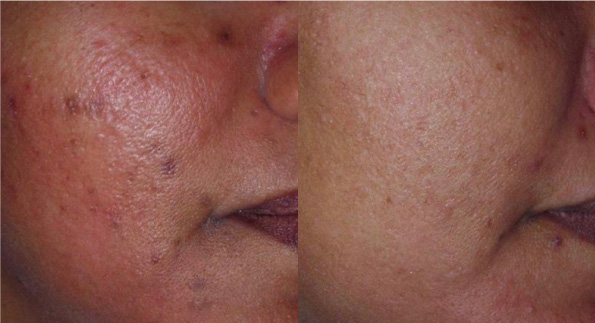
Before
After

Post inflammatory hyperpigmentation secondary to picking can be treated with lasers, topicals or chemical peels.
Ask us more about this treatmant
Preferred Consultation
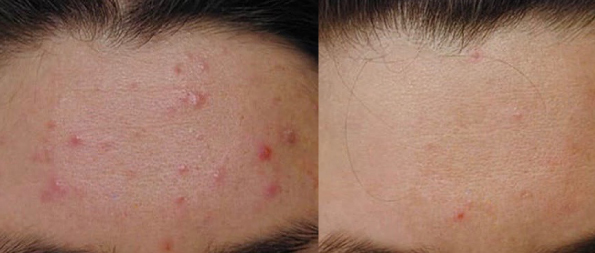
Before
After

Medical therapy for acne. Dermatologists can quickly achieve results with therapy.
Ask us more about this treatmant
Preferred Consultation
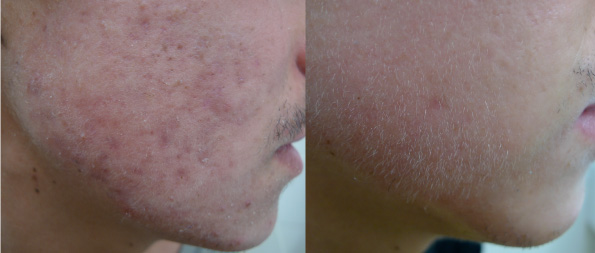
Before
After

Peels & acne medication can reduce acne lesion, in turn removing the substrate to pick.
Ask us more about this treatmant
Preferred Consultation
FAQs
What is picking acne?
As the name suggests, there are two elements to this condition- acne & the subconscious urge to pick. In nearly all cases treating acne early & effectively places this condition into lifelong remission.
The outcome of treatment depends on the patient’s insight & willingness to undergo therapy. Very rarely does skin picking acne go away with topical treatments.
Why has picking acne got the highest rate of acne scarring?
Picking gouges out the surface of the skin. In many cases it takes out the pigment cells known as melanocytes, in turn causing permanent damage & hypopigmentation. In severe cases a reduction of pigmentation is seen along with depressed or atrophic scars.
Who to see if you have picking acne?
If you are serious about placing picking acne into remission, see a medical dermatologist for early & effective management. It is important to get this form of acne under absolute control as the scarring rate is extremely high. The biggest prognostic factor that determines the severity of permanent scarring is the time taken to effective control.
Dermatologists will give you treatment options, in addition to coming up with ways to reduce your scarring. Read more to understand.
How do medical dermatologists approach picking acne?
There are two issues when treating acne excoriee or picking acne. Firstly acne, & secondly the issue with picking.
Dermatologists deal with acne. We employ topical creams, gels, oral agents, chemical peels, phototherapy & lasers. If we get absolute control, often picking decreases as you don’t have any more pimples to pick.
Psychotherapy can help you with your urge to pick. This can be done without drugs (cognitive behaviour therapy) or with drugs (SSRI, Prozac etc..). If you want to get better fast, you see a dermatologist for acne treatments & either a psychologist or psychiatrist for the picking problem.
How can you reduce the need to pick?
Picking is a form of obsessive compulsion. It’s a medical disorder, so it’s real. A psychologist or psychiatrist can discuss treatment strategies to give you better insight as to how to manage the compulsion to pick.
If you would you like to ‘give it a go’ with DIY treatments, here are some suggestions:
- Trim your nails. You’re going to cause less damage.
- Buy some acne patches. They will save your skin from further damage.
- Google cognitive behaviour therapy. YouTube it, practise it.
- You can ‘give skin care a go.’ At the very least it represents self-care. Refer to the section on skin care.
Can a psychologist or psychiatrist help?
The biggest traction you will gain is if you are open to seeing an expert for psychological therapy. It is an easy concept to understand-
- A dermatologist’s job is to reduce the substrate (lesions) to pick. We do this with drugs, pharmacology as well as lasers & lights.
- A psychologist or psychiatrist job is to get you to stop picking. This can be pharmacological management or non-pharma, such as CBT.
The argument made by patients is that when acne is gone, picking stops. This is true for some patients, however in many cases picking can transition to a condition known as lichen simplex chronicus. If this happens you will continue picking, hence ideally you need to approach this from two angles.
Do you need to take drugs to stop picking?
No, but pharmacological agents are very useful if you physically & mentally cannot control manipulation of acne lesions. The most prescribed tablets include SSRIs & Prozac. Your psychiatrist will have a better understanding of the pharmacology behind managing OCD.
What is the most important factor that determines the severity of acne scars?
The most important prognostic factor that determines the amount of scarring is the time taken to effective control. It is not the time taken to try out a treatment or have a go with skin care or a diet or even to take your condition seriously. It is the time taken to effectively place your condition in remission.
The faster you obtain absolute control over your acne, the less the chances of scarring. Be guided by your medical dermatologists as to the best treatment for your acne.
Can acne scars be managed if I still pick?
Yes, but the aim of treatment should be focused on preventing new scars from forming. You will have much better traction on treating new scars with treatments such as pico lasers, vascular laser & low-level laser therapy.
Products

O Cosmedics SPF range
$54.00-$64.00
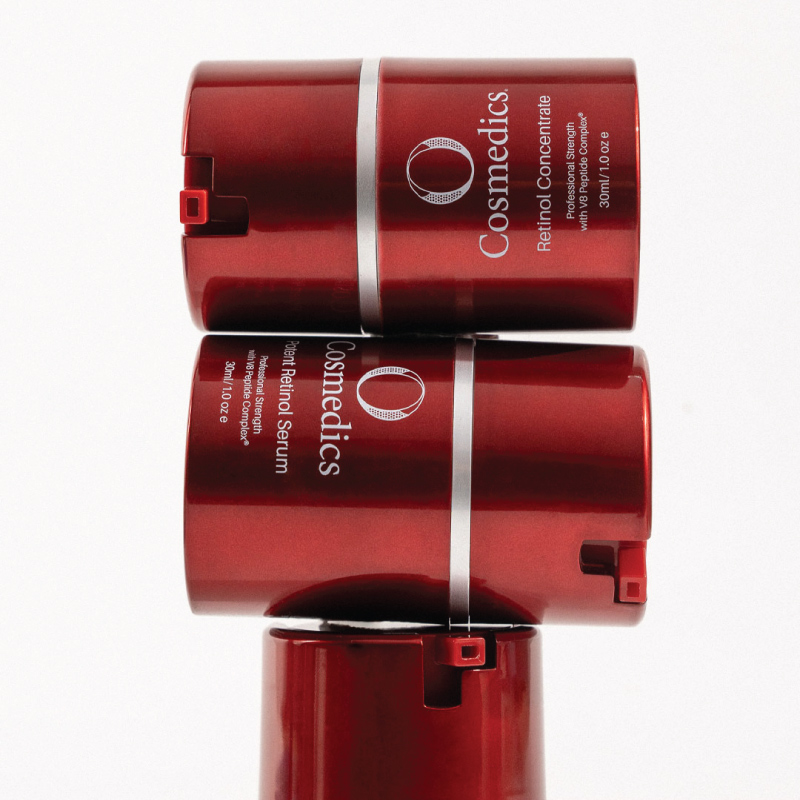
O Cosmedics retinol range
$102.00-$139.00
Early & effective management will markedly reduce scarring & improve your skin texture. It is an easy form of acne to cure- if the patient has insight.
How do we treat hypopigmented acne scars from picking?
This pattern of scarring is super difficult to treat predictably. The two options are-
- Laser + pigment stimulators + narrowband UVB
- Surgical melanocyte transfer + phototherapy
Treatment depends on the extent of pigmentation loss, area of severity, as well as patient insight. Once again, the biggest prognostic factor is if your condition is in remission or if picking is still present.
How do I know if my acne is getting better?
Never ever go with how you ‘feel’ or think you look. Subjective viewpoint is inaccurate. Go with objective measurement, namely take baseline photos & count every single spot on your face/neck/ body.
If you are getting better, the count will decrease. We should ideally aim for zero picking lesions, this way you know your condition is in remission.
How can acne patches help?
If you are serious about treatments, then simple patches make a huge difference. The best acne patches for picking acne are hydrocolloid acne patches. They cost $4-$7 a box & can be purchased from all leading pharmacies. Patches can :
- Aid in healing as they provide an ideal wound healing environment
- Reduce scarring & pigmentation
- Reduce picking & manipulation due to haptic feedback
Can skin care help?
In the context of picking acne, the results are marginal. You will get far more out of acne patches & reduced picking, compared to a cupboard full of skin care. The usual acne topicals such as retinol, benzoyl peroxide & salicylic acid can make this condition worse as it irritates skin.
Having said that, skin care can make you feel better & encourage self-love/worth. That’s a good thing. Don’t visit a dermatologist for skin care, here is the guide.
The Good: niacinamide, ceramides, squalene, hyaluronic acid, prescribed retinoids & azelaic acid. Hydrocolloid pimple patches. Aim is to re-establish skin barrier function.
The Bad: high strength AHAs, low pH ascorbic acid, tea tree oil. Anything that irritates broken skin is going to make your condition worse.
The Meh: green tea, antioxidants, retinol, (only if you are not getting skin irritation)
What are some natural treatments for acne?
For natural solutions, you are best treated by dieticians, naturopathic practitioners, herbalists, acupuncturists & alternative medicine practitioners. They can check your DHEAS, 17 hydroxyprogesterone, prolactin, testosterone levels, or conduct an Ultrasound to determine if you have PCOS. Using their own naturopathic methods they can modulate your serotonin levels, & in some cases cure your acne.
Dermatologists are involved in pharmacological management of acne with chemicals & drugs as well as prescribed low level laser therapy-phototherapy & other scientific modalities.
- Herbalist: can prescribe herbs & spices.
- Naturopath: can initiate zinc, diets & natural remedies.
- Acupuncture: can stick needles in you.
- Hypnotherapy: can be useful to help you reduce picking.
- Dietitian: for an anti-acne diet.
- Dermatologist: can effectively, safely & efficient treat acne.
What is cognitive behaviour therapy & why is it awesome for pickers?
This treatment is performed by a psychologist. It is a way of altering behaviour without the use of drugs. CBT involves efforts to change thinking patterns. These strategies will give you a better understanding of your behaviour. It takes between 5 to 10 sessions of CBT to have some insight.
This treatment is performed by psychologists. In Brisbane we refer to the OCD Clinic in Bulimba.
Can acne phototherapy or light therapy help?
Marginally. Phototherapy is best for juicy pimples. Some patients may have a good reduction in acne with light, however most will still pick the remaining acne lesions. Narrowband phototherapy can reduce histamine release & hence break the itch scratch cycle in some patients. It is best combined with pharma management.
What is the medical term for skin picking disorder?
Picking acne lies in the spectrum of dermatillomania, or skin picking disorder. It is a form of OCD or obsessive-compulsive disorder. Most patients with this medical condition have little insight & hence will benefit from help. For those with insight they cannot control the urge to pick.
For those who want to cure their dermatillomania we suggest a team management strategy with medical dermatologists, psychologists & in some cases psychiatrists. If you are open to medical management, the cure rate is very high.
